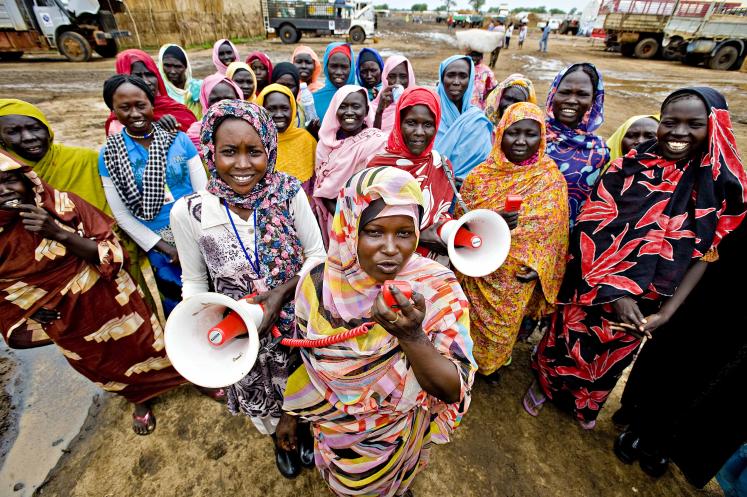Leave No One Behind - is a central and core concept of the UN 2030 Agenda for Sustainable Development. In spite of significant progress, more work needs to be done to ensure the "left behind" individuals and communities are given visibility and a voice within the planning, monitoring and evaluation process of Sustainable Development Goals (SDGs) programmes. Data, especially social data, play a critical role in raising awareness on the wellbeing of individual and communities. To achieve SDGs, data has the power to facilitate target-setting, progress-tracking and celebrate success or identify areas for improvement.
What does it take to operationalize the concept of "Leave No One Behind" from data perspective? What kind of voices are still left behind? What steps are being taken to address the issue of data marginalization? These questions are answered on a blog entry written by Mamello Thinyane, Principal Research Fellow at UNU Institute in Macau, published on UN World Data Forum blog.
UNU Institute in Macau will be participating in the upcoming UN World Data Forum from 22 to 24 October 2018 in Dubai, United Arab Emirates.
The UN 2030 Agenda for Sustainable Development is framed around the bold and ambitious principle to " leave no one behind", which aims to ensure that all people benefit from the gains of sustainable development.
Mamello Thinyane, Principal Research Fellow of UNU Institute in Macau
Blog post reflects the views of respective authors in their individual capacities and not the views of UNU Institute in Macau.


